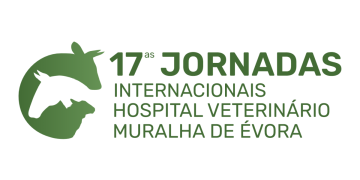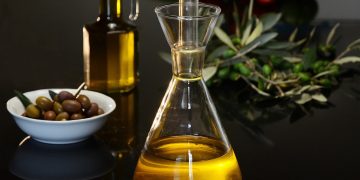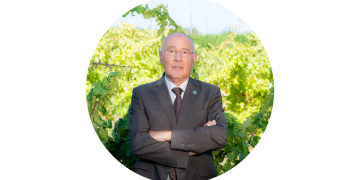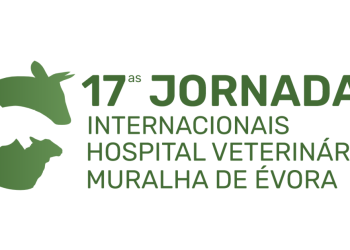Argentina’s genetically modified, drought-tolerant wheat is making headlines around the world. Though it’s been ready for a couple of years now, the global grain crisis and resulting food shortages caused by Russia’s war against Ukraine have brought it into prominence.
The Alliance for Science had a chance to talk with Dr. Raquel Chan, the Argentinian lead scientist who launched the GM wheat journey 16 years ago. A biochemist who specializes in plant biotechnology, Chan is director of the Agrobiotechnology Institute of Santa Fe (IAL) and senior researcher at the National Scientific and Technical Research Council CONICET. She is also a member of the National Academy of Sciences and has been recognized by the BBC as one of the 10 outstanding scientists in Latin American.
The GM wheat journey started with Chan studying and analyzing sunflowers, which resulted in the discovery of the HB4 gene. Its patent was licensed to Bioceres Crop Solutions, the Argentinian company seeking to bring GM wheat to international markets.
“We found that sunflower plants are very adaptable to variable external conditions. We decided to use it as a scientific model because, in addition to its performance in the initial research, we found that one, its ‘no-watering’ period is longer than other plants; two, there was a chance to receive funds to support the research due to its economic importance; and three, we already had access to the library of sunflower cDNA, thanks to IBMP-Strasbourg,” Chan recalls.
Once Chan and her team secured funding to continue their investigation, they started to study the sunflower’s DNA and identified the function of fundamental genes.
“One of the experimental strategies we used was to isolate the genes one at a time and introduce them into plant species that do not have them. In this case, we used Arabidopsis thaliana, which is a model of dicotyledons without agronomic utility. Once the gene was introduced, we observed and reported the behavior of the recipient plant in the face of the stress that is induced in the research — in this case, drought-tolerance. We saw that of several introduced genes, HaHB4 (Helianthus annuus Homeobox 4) conferred a lot of drought tolerance.”
At this point in their research, Chan’s team realized the HB4 gene was the reason why the sunflower’s “no-watering period” was longer than other plants. After successfully transferring the drought-resistant trait to the model organism, they started to analyze its application in agriculture and the transformation of various crops.
“The potential of using the HB4 gene in crops is huge,” Chan said. “It is already developed in wheat and soybeans, which are very important crops for the world’s food. I think it could be applied to other crops with expectations of good results and further expand the potential at the national and international level.”
In the development of any GM product, the laboratory research is just the beginning. In addition to facing scientific challenges, the GM variety must go through the biosafety regulatory process to achieve the environmental release needed for commercial cultivation.
“The regulatory process is long, requiring many trials and demonstrations in different locations and during several campaigns,” Chan explained. “It must be shown that the GMO in question does not impact the environment or animal or human health in comparison to the crop from which it comes.”
Once the GM wheat was approved by Argentina, several countries recognized as world leaders in the grain market, such as Brazil and China, expressed interest in the novel crop. It is currently being considered for cultivation in the United States and Australia.
If these agricultural giants approve GM wheat, it may join cotton, corn and soybean as the most cultivated GM crops in the world.
GM wheat also offers an example of how national research centers and small companies with adequate funding can enter the global GM market by discovering genes of agronomic importance and applying them to crops.
Due to an adequate regulatory framework in most territories, Latin America is emerging as a biotechnology leader. Is it likely that climate-resilient gene-edited crops will soon find their way into farmers’ fields?
“In the case of edited crops, there are still no field-proven developments, that I know of, that improve productivity or stress response,” Chan said. “There is a lot of literature on developments, but there is still nothing repeated in the field with great advantages. It is one thing to do it in the laboratory or greenhouse tests and another to repeat tests in the field in different environments.”
In other words, she said, it will take some more research time before gene editing technology can confer the traits that improve climate resiliency. Chan also anticipates that gene editing will be used to develop crops with other useful traits.
“It is difficult to predict discoveries and developments, but I believe that gene editing will allow obtaining crops with nutritional or organoleptic [affecting or relating to qualities such as a food’s taste, color, odor and feel] improvements by manipulating known metabolic pathways,” Chan noted.
By Luis Ventura
O artigo foi publicado originalmente em Cornell Alliance for Science.























































